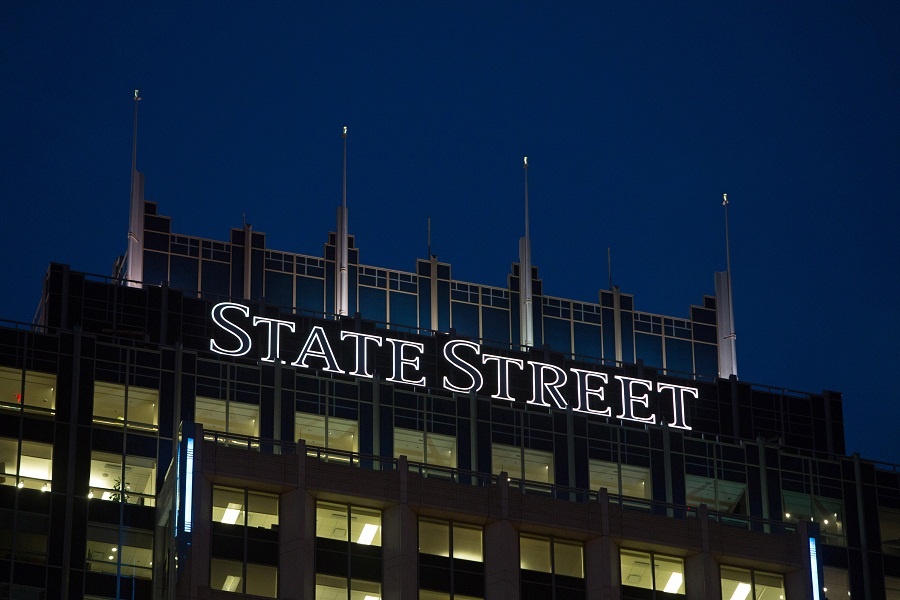

State Street Corp. will leave its two New York City offices, making good on plans to transition its Manhattan-based staff to a hybrid work model.
The company plans to close its two midtown Manhattan offices, it said Monday in a statement. Its New York-based staff will work remotely or from buildings in New Jersey and Connecticut.
Financial firms and other companies are reevaluating their real estate footprint in New York after more than a year of remote work. Office supply continues to set records, and large employers including BlackRock Inc. and Wells Fargo & Co. have delayed plans to return to offices as the Covid-19 delta variant spreads. Just 23% of office workers have returned to their desks in the New York metro region as of Aug. 11, according to data from Kastle Systems.
“We absolutely see the value for having physical space in the area that serves as a hub for employees and clients in the NYC area,” according to the State Street statement. “But we also know this is a tremendous opportunity to reimagine and redesign the workplace in a very fit-for-purpose way that improves performance, productivity and our employees’ experience.”
State Street has been considering whether or not to renew its Manhattan leases since at least February. In the first quarter, the company subleased more than 50,000 square feet of its 1290 Avenue of the Americas office. Its lease on that space ends in 2025.
The company will also close its offices at 1040 Avenue of the Americas. In the meantime, State Street has added a shared workspace in the city.
The decision was previously reported by Dow Jones.

Canadian stocks are on a roll in 2025 as the country prepares to name a new Prime Minister.

Two C-level leaders reveal the new time-saving tools they've implemented and what advisors are doing with their newly freed-up hours.

The RIA led by Merrill Lynch veteran John Thiel is helping its advisors take part in the growing trend toward fee-based annuities.

Driven by robust transaction activity amid market turbulence and increased focus on billion-dollar plus targets, Echelon Partners expects another all-time high in 2025.

The looming threat of federal funding cuts to state and local governments has lawmakers weighing a levy that was phased out in 1981.
RIAs face rising regulatory pressure in 2025. Forward-looking firms are responding with embedded technology, not more paperwork.
As inheritances are set to reshape client portfolios and next-gen heirs demand digital-first experiences, firms are retooling their wealth tech stacks and succession models in real time.
